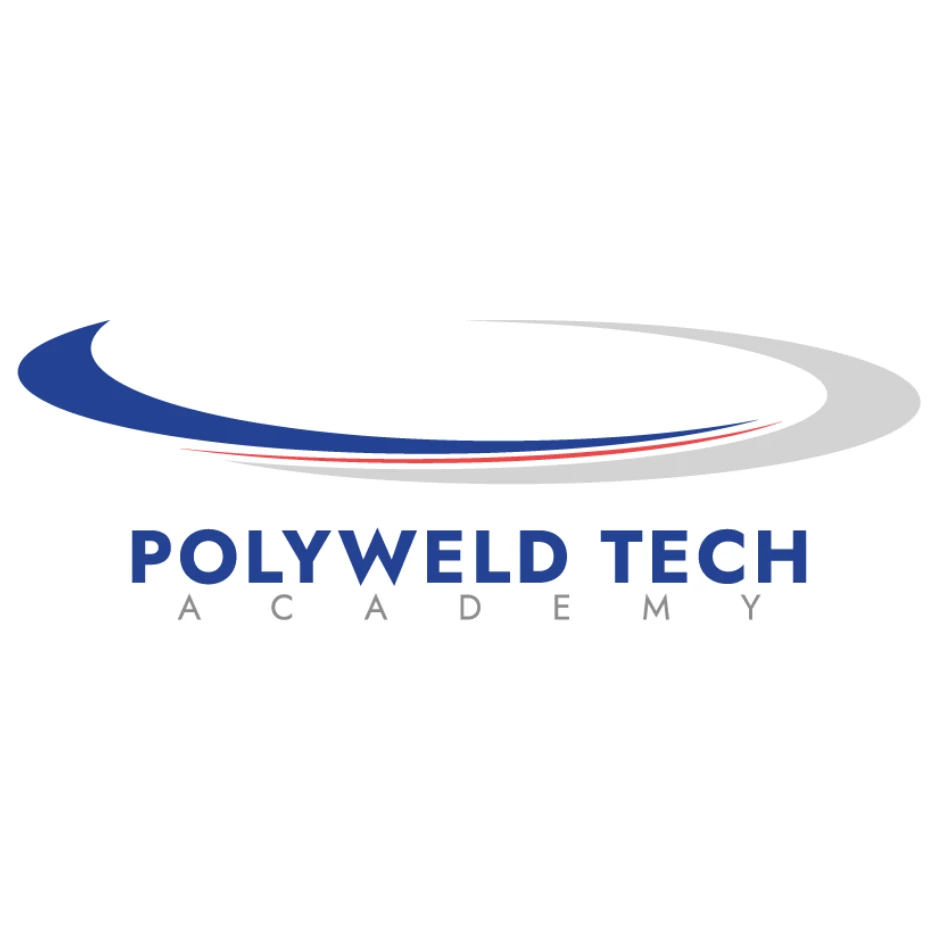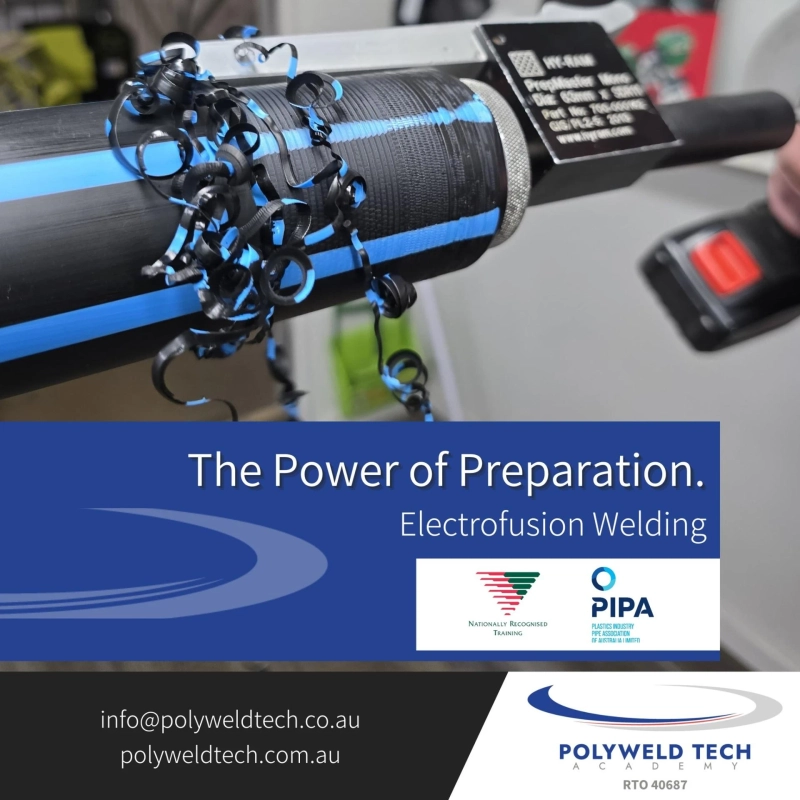Polyethylene welding (or "polywelding") is essential to many industries everything from water systems and gas pipes to industrial applications and mining operations. While initial nationally accredited training is needed to become skill-proficient, what truly makes safe, reliable welders stand out from the crowd is regular reaccreditation.
In this blog, we examine why keeping up to date with credentials isn't merely a good thing to do; it's essential.
Maintaining Pace with High Levels of Safety and Compliance
Poly welding materials, techniques, and regulations evolve with time. Material updates like PE pipe grades, equipment calibration, safety standards, and engineering specifications ensure that what was a proper procedure five years ago might not be sufficient anymore.
Reaccreditation forces polywelders to revisit and refresh their understanding to prevent skills technical debt that could lead to unsafe welds, leaks, or failure in critical infrastructure.
Sustaining Quality and Reliability
Weld can be as good as the practices under which it was made. Training has to be up to date so that welders will be informed about the best practices of heat input, joint preparation, environment, cooling time, etc. This automatically translates into solid, long-term welds.
Furthermore, organisations that expect quality inspection services will be impressed with welders that are currently credentialed, since their work has a higher likelihood of making it through strict inspection without unnecessary rework.
Compliance with Regulatory and Industry Standards
Many jurisdictions and employers insist that welders have current credentials under nationally accepted standards. Australia, for example, has nationally accredited courses outlining the units and assessment criteria of poly welding.
Reaccreditation validates compliance with guidelines, which is essential on grounds of law, insurance, and safety. Lack of current accreditation may lead to regulatory non-compliance or to invalid certificates acceptable for specific work.
Staying Up to Date with Change in Technology
New machinery, machines, welding methods, and inspection devices continue to emerge. It might be new electrofusion machinery, upgraded butt fusion equipment, or upgraded non-destructive equipment. Reaccreditation often involves assessment of the application of the most recent equipment and up-to-date procedures. This allows welders to embrace efficient, safer, and more precise techniques.
Long-Term Cost Savings
Though reaccreditation is time-consuming and sometimes costly, it saves much more expense in the future: the cost of repairing faulty welds, environmental damage, lost time, lawyer costs, or project delay. Organizations that integrate ongoing reaccreditation into their quality control plan save waste, decrease failures, and cut unnecessary risk.
Because quality inspection services associated with ongoing credentialing typically minimize inspection failure, costs of inspection, remediation costs and penalties are reduced.
Conclusion
Reaccreditation is not just a bureaucratic procedure; it is an innovative investment in safety, competence and reputation. Polywelders with updated nationally accredited training credentials remain ahead of the technical standard, provide consistent and durable welds, and continue in compliance with evolving legislation.
If you're open to staying keen in your career, updating your skills, and ensuring your credentials are recognized at the highest level, then Polyweld Tech is the place where you can place your trust. Book your reaccreditation with Polyweld Tech now and weld with confidence.



